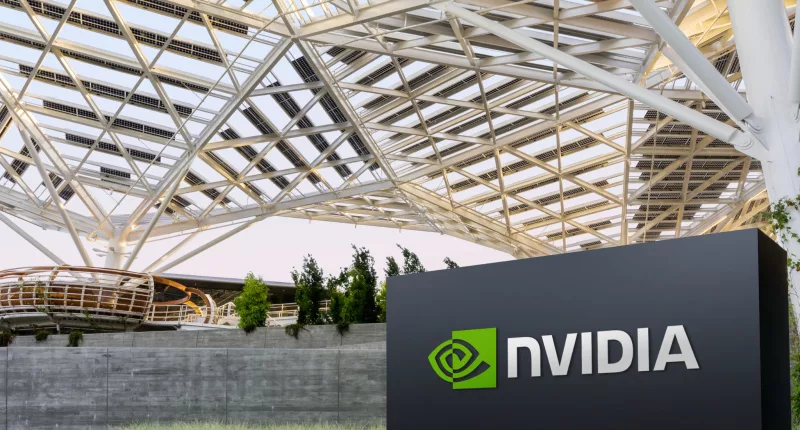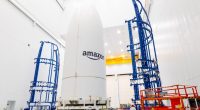Nvidia, which recently made history as the world’s first $4 trillion company, has announced that it will soon restart sales of its H20 artificial intelligence (AI) chips to China, after receiving assurances from the US government that its export license applications will be approved. The company had paused shipments since April 2024 after the US imposed tighter export controls on advanced AI chips to limit China’s access to cutting-edge technology. The H20 chip had been developed specifically to comply with earlier restrictions, but stricter enforcement effectively blocked the company from delivering these chips to Chinese customers.
But now, with licenses expected to be granted, the Jensen Huang-led company revealed that it plans to resume deliveries soon. The halt in shipments earlier this year had a major financial impact on the semiconductor giant. Nvidia was forced to write down around $5 billion worth of unsellable inventory. The firm said it lost $2.5 billion in potential sales during Q1 FY26 due to US restrictions. Notably, China is one of Nvidia’s most important markets, making up about 13% of its total revenue (around $17 billion in the last fiscal year).
The change in the US government’s position comes after Nvidia CEO Jensen Huang reportedly met with President Donald Trump in Washington. Shortly after that meeting, US officials began signalling that the company’s export licenses for China would be approved. While the government has not formally changed its export control policy, the decision to allow Nvidia to move forward suggests a more flexible approach, particularly for products like the H20 that fall within modified regulatory limits.
In addition to restarting H20 shipments, the company is also launching a new AI chip designed specifically for the Chinese market. The chip (called RTX Pro) is based on Nvidia’s latest Blackwell architecture and is intended for industrial applications like smart manufacturing, virtual simulations, and digital twins. Like the H20, this chip is designed to stay within the performance limits allowed under current US export rules. The RTX Pro gives the firm another product that can be sold in China without violating regulations.
The timing of these developments is particularly notable as the Nvidia CEO is again visiting China this week, with a media briefing scheduled in Beijing on July 16. Earlier in April 2025, Huang made a surprise visit to Beijing at the invitation of the China Council for the Promotion of International Trade. During the trip, he met with the council’s president, Ren Hongbin. He also held talks with Chinese Vice Premier He Lifeng and Liang Wenfeng (founder of AI startup DeepSeek).
The entire scenario becomes even more significant as Nvidia is not only dealing with export restrictions but is also facing serious legal challenges. In 2024, the US Department of Justice (DOJ) launched an antitrust investigation into the company’s dominance in the AI chip market. That probe remains ongoing and is still in its investigatory phase. In the same year, Chinese regulators also opened an antitrust investigation into the firm, focusing on potential violations of China’s anti-monopoly law (especially related to Nvidia’s earlier acquisition of Israeli chipmaker Mellanox Technologies).
The Tech Portal is published by Blue Box Media Private Limited. Our investors have no influence over our reporting. Read our full Ownership and Funding Disclosure →






